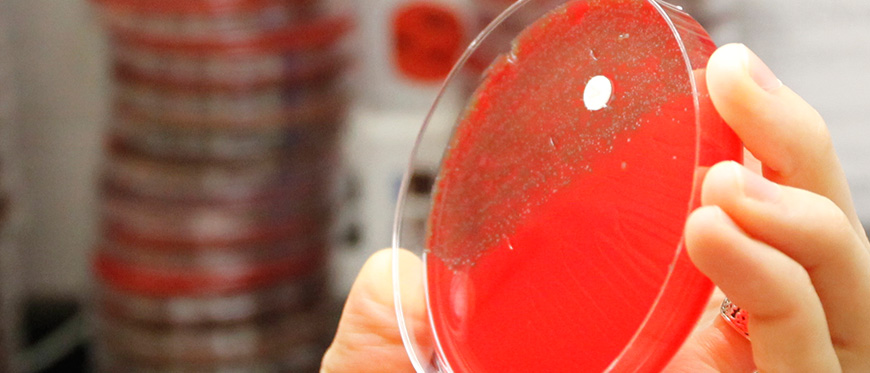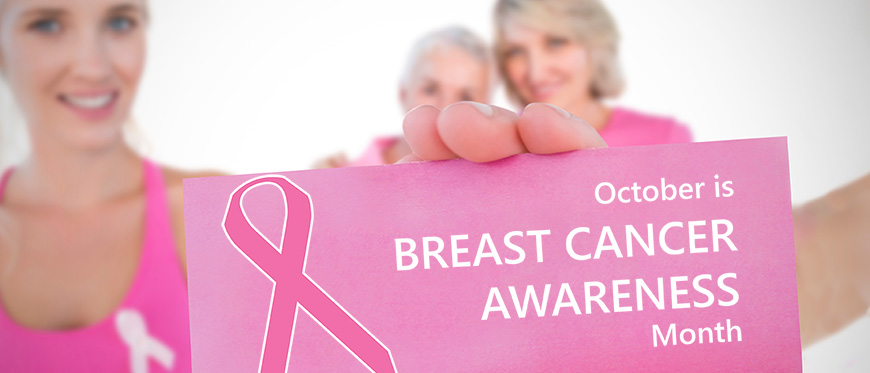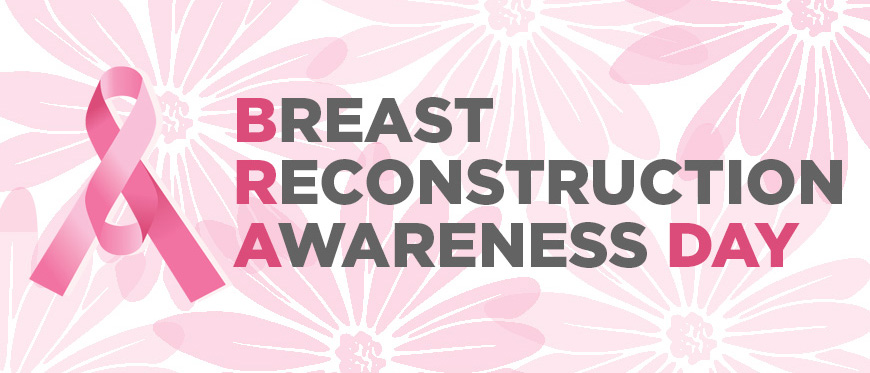There are 200,000 cases of bladder cancer in the US every year. Of those, 16,000 people die annually. We can lower both numbers through early detection and treatment. It’s easier than you think.
In fact, watching for the warning signs is the best way to detect bladder cancer early and cure it.
Here are three things you need to know about bladder cancer to empower yourself:
- It is easy to detect. Bladder cancer symptoms include blood in the urine. Blood in your urine, even a small amount, will look very red when you urinate. It is easy to see. If you see blood, then see your healthcare provider right away. Bladder cancer may be diagnosed at an early and curable stage 80 percent of the time! If it is caught later, it is more difficult to cure. Other symptoms include frequent and painful urination, back pain, and pelvic pain.
- There is tremendous support. Men and women with bladder cancer may turn to the Bladder Cancer Advocacy Network (BCAN). The University of Vermont Medical Center has a comprehensive cancer center that offers the full spectrum of bladder cancer treatment options. The Bladder Cancer Advocacy Network complements that by providing an international, online resource to coordinate all aspects of bladder cancer diagnosis, treatment, and patient and family support. BCAN is run by patients, clinicians, and scientists. Its mission is to increase public awareness about bladder cancer, advance bladder cancer research, and provide educational and support services for the bladder cancer community.
- Know if you are at risk: Ask yourself these questions.
- Are you 55 or older? Risk increases as you age. Bladder cancer usually occurs in older adults. Ninety percent are 55 years old or older. The average age at diagnosis is 73.
- Are you a man? Men are three to four times more likely to get bladder cancer. It is the fourth most common cancer among men. The chance a man will develop bladder cancer in his lifetime is 1 in 26. It is 1 in 90 for women.
- Are you white? Caucasians are diagnosed with bladder cancer twice as often as African-Americans.
- Other risk factors: Smoking, chemical exposure, previous cancer treatment, taking diabetes medications, history of urinary tract infections or inflammations, and family history of bladder cancer.
Scott Perrapato, DO, a urologist and urologic oncologist, is the Director of Computer-Assisted Robotic Surgery at The University of Vermont Medical Center. He is also an assistant professor at the UVM College of Medicine.






